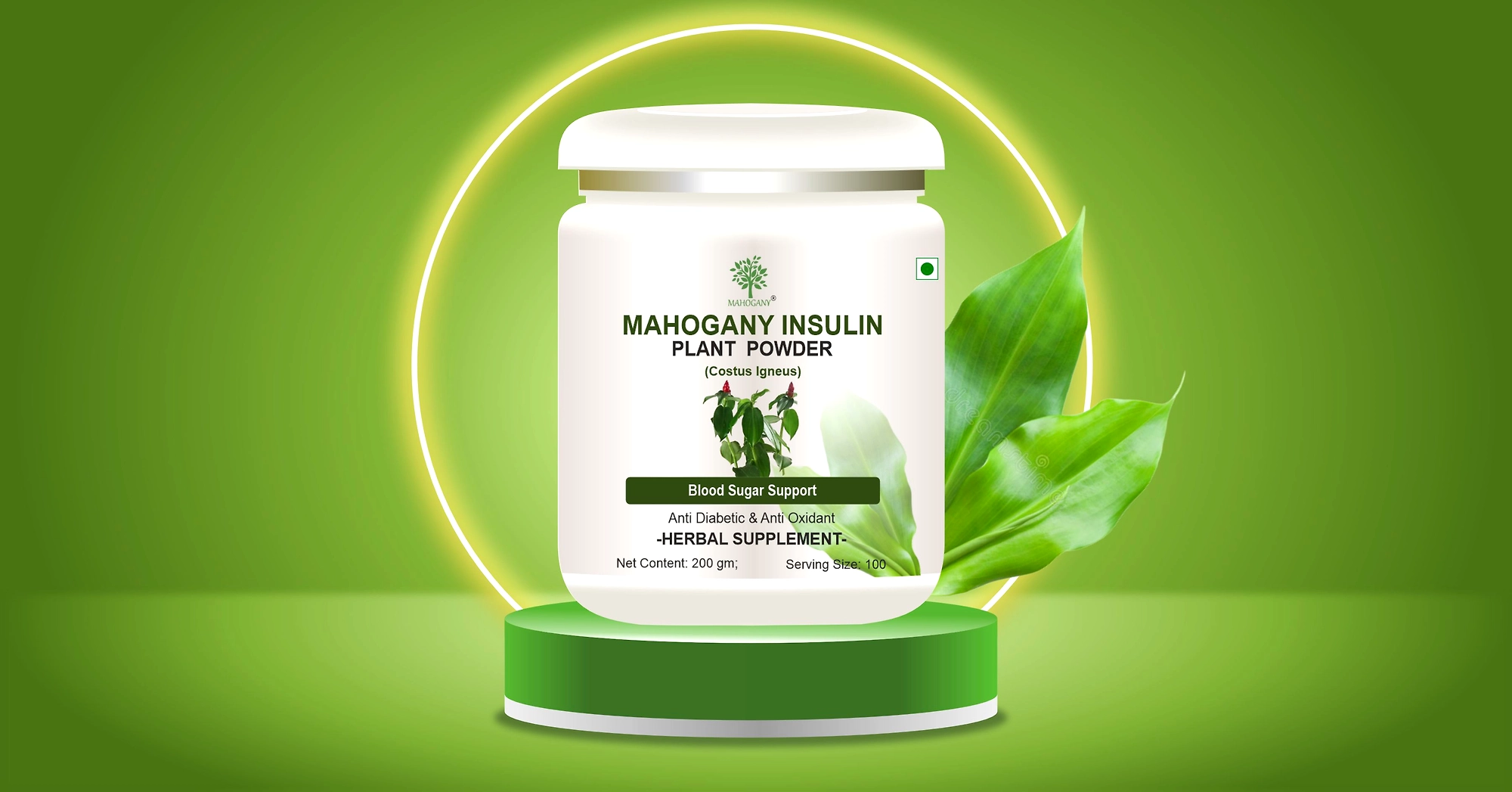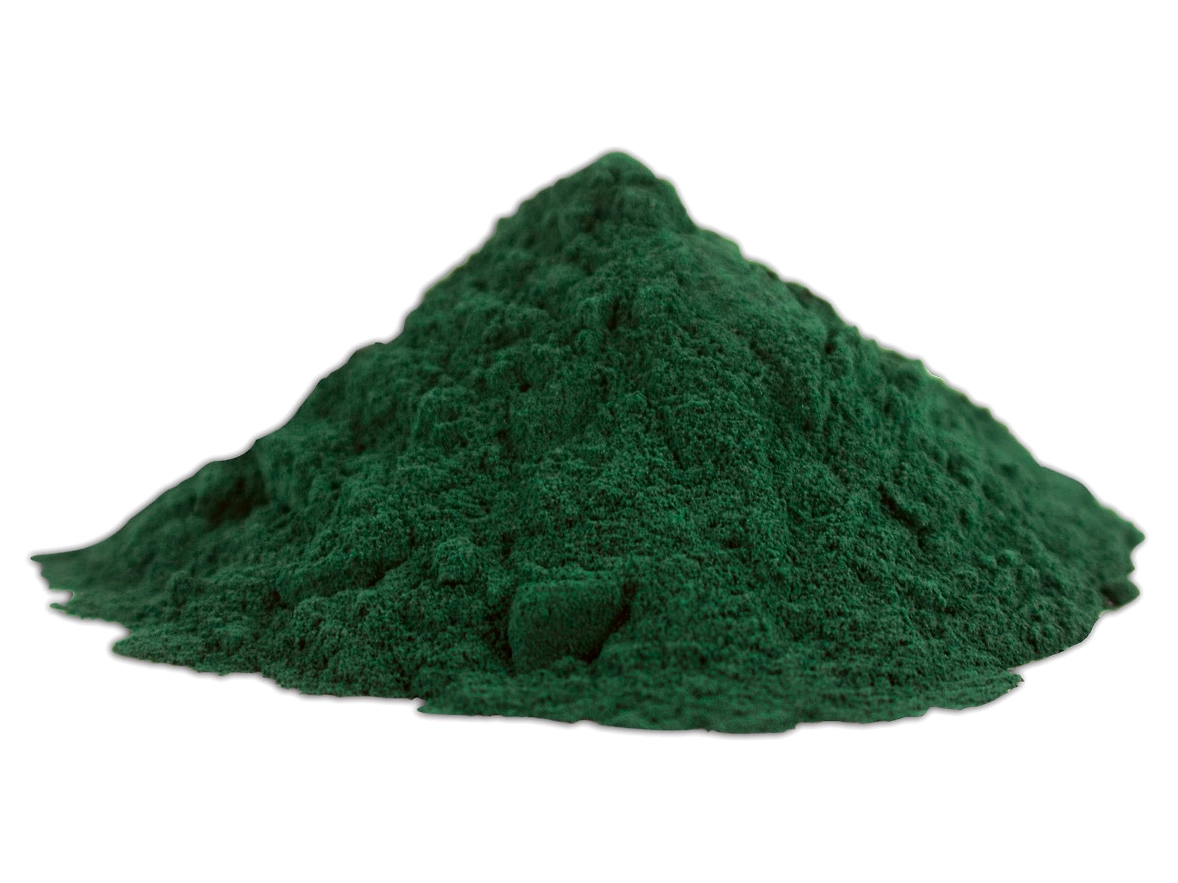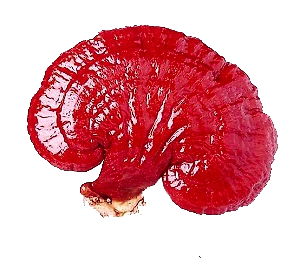Spirulina: A plant based superfood that must be included in your diet
What is Spirulina?
Spirulina is a blue-green microalgae that typically grows in freshwater lakes, natural springs, and saltwater in subtropical and tropical climates. Spirulina can grow in extreme conditions inhospitable to most other water-dwelling organisms. It is often used as a vegan source of protein and vitamin B12. Spirulina is available in capsules, tablets, and powder and has been incorporated in certain foods and beverages such as energy bars, popcorn, and smoothies. It is between 55-70% proteins, but studies suggest it is a subpar source of B12, as the vitamin is not absorbed well after ingestion. Human evidence suggests that spirulina can improve lipid and glucose metabolism, while also reducing liver fat and protecting the heart. Animal studies are very promising as well, as spirulina has been shown to be of similar potency as commonly used reference drugs, when it comes to neurological disorders.
Nutrition Facts of Spirulina
One tablespoon or 100 grams (g) of dried spirulina contains (Approx):
285.70 calories
57.50 g of protein
23.86 g of carbohydrate
15.28 g of fat
114 milligrams (mg) of calcium
28.58 mg of iron
396 mg of magnesium
114.32 mg of phosphorous
1357 mg of potassium
1043 mg of sodium
10 mg of vitamin C
It also contains thiamine, riboflavin, niacin, folate, and vitamins B-6, A, and K.





